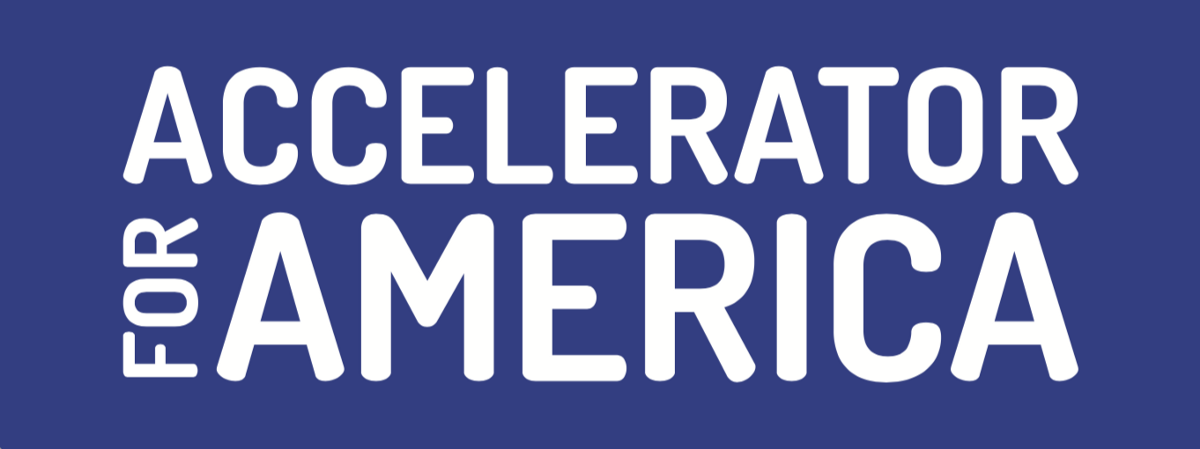US News & World Report: Lawmakers Demand Answers as Spotlight Shines on Opportunity Zones
By Andrew Soergel, Senior Writer, Economics
Nov. 8, 2019
DEMOCRATIC LAWMAKERS are mounting pressure on federal agencies to better monitor a tax incentive tucked into President Donald Trump's 2017 tax overhaul – a program that was purported to be a lifeline to economically depressed neighborhoods but has in some cases been accused of benefiting wealthy investors and accelerating gentrification.
Sens. Cory Booker, D-N.J., and Ron Wyden, D-Ore., called on the Government Accountability Office this week to work with lawmakers in evaluating and monitoring the "opportunity zones" program, an incentive designed to reward investors for funneling resources into any of nearly 9,000 mostly low-income census tracts, or "opportunity zones," across the country.
But in practice, some investors have been accused of abusing the program for financial or political gain – and receiving tax breaks in the process. And lawmakers have been left with relatively few options as they seek to track investments, police conflicts of interest and determine whether certain areas deemed opportunity zones by governors and the Treasury Department are actually worthy of the label.
"Given the breadth of the Opportunity Zone incentive, the lack of reporting requirements under current law, as well as the high levels of reported interest from taxpayers, we believe it is critical that the Government Accountability Office assist Congress in evaluating the incentive and monitoring its implementation and outcomes," Booker and Wyden said in a letter to the GAO this week, which was also signed by U.S. Reps. John Lewis, D-Ga., and Richard Neal, D-Mass.
Booker – a Democratic presidential hopeful who, alongside Sen. Tim Scott, R-S.C., and two other lawmakers, initially championed opportunity zones in 2016 legislation – has for months called on federal agencies to get a better handle on a program he helped conceptualize. Although aspects of Booker's and Scott's plan were pulled into the GOP's 2017 tax overhaul – investor tax breaks chief among them – the final legislation mostly ignored reporting and policing mechanisms that would have helped lawmakers track investments and make sure dollars were flowing to the right places.
"Put simply, all of the structures are in place to ensure wealthy investors can seize their tax benefits. Lacking are the structures necessary to ensure Opportunity Zones truly create opportunity for those who need it most," Rick Jacobs, CEO of Accelerator for America, a non-profit organization of mayors, labor and business leaders that has advocated for opportunity zone reform, said in a statement last week.
Booker and Wyden are among a handful of lawmakers who have recently contacted federal agencies or introduced legislation seeking assistance and clarification on opportunity zone designation and monitoring.
Reps. Ron Kind, D-Wis., Terri Sewell, D-Ala., and Mike Kelly, R-Pa., this week introduced legislation that would implement a more structured reporting and monitoring framework. Booker and Scott, separately, unveiled legislation earlier this year that would require Treasury to more actively monitor the program.
Last week, Booker, along with Kind and Democratic Rep. Emanuel Cleaver of Missouri, sent a letter to the Treasury Department's acting Inspector General seeking "an immediate and complete review" of opportunity zone designations, following reporting by The New York Times and ProPublica suggesting politically connected investors were in some cases profiting from the program.
"It was not the intent of Congress for this tax incentive to be used to enrich political supporters or personal friends of senior administration officials, as recent reports indicate," the lawmakers said in their letter.
Treasury last week published a draft Internal Revenue Service form that would grant it more insight into program investments. But Democratic lawmakers have argued that federal agencies should be more proactively monitoring funders and beneficiaries.
The New York Times reported last month that Treasury Sec. Steven Mnuchin "directly intervened" in the opportunity zone designation process to the benefit of associate and billionaire Michael Milken. Mnuchin and Milken have denied wrongdoing.
Separately, ProPublica reported earlier this year that West Virginia Gov. Jim Justice included the area around The Greenbrier, a massive luxury resort that Justice owns in Greenbrier County, among the state's 55 opportunity zones, passing on other low-income communities in the state. Justice has also denied wrongdoing.
Similar reports of opportunity zone designation going to areas that don't have a particularly low median household income – or areas in which government officials or wealthy investors have a vested interest – have also cropped up in major metropolitan areas such as Baltimore and Detroit.
"The main winners are likely landowners within the zones, not poor households," Chris Edwards, director of tax policy studies at the libertarian Cato Institute, wrote in a blog post last week, suggesting that the zones have resulted in "differential treatment based on political pull" and "represent poor policy from a libertarian perspective."
The opportunity zone program is still young, and the lack of a formal reporting structure makes it difficult to measure returns at such an early stage. Some people familiar with the program point to potential for success. In Erie, Pennsylvania, for example, Erie Insurance in August announced the creation of a $50 million opportunity zone investment fund, which will help facilitate projects like the revitalization of the city's North Park Row into a culinary district. And free public Wi-Fi access is expected to be one of several improvements coming to the city's eight designated opportunity zones in the coming months.
Read the whole article here.
